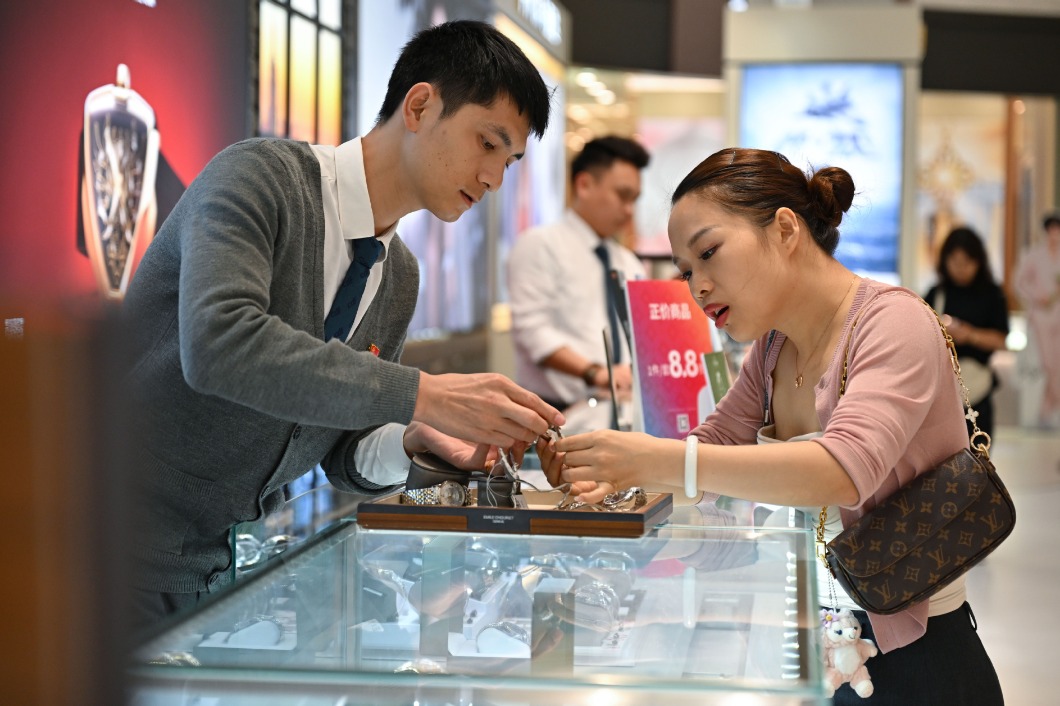Trade tensions put businesses on edge


Loss of confidence could undermine cross-border activity, executives say
US businessman Peter Shiao had worked hard with his Chinese capital partners to create an investment fund, but as they prepared to announce it this year, China-US trade tensions escalated, forcing them to make an abrupt change of plans.
"We were planning on doing something very significant, with a positive impact for the region, that would have been great for US employment. That's been put on hold," Shiao, a Los Angeles entrepreneur, investor and producer who founded Orb Media Group, among several other China-US-based companies.
With the first round of US tariffs on $34 billion in Chinese goods taking effect on Friday at 12:01 pm, China time, some business owners in Los Angeles said a trade war between the United States and China will erode business confidence and add uncertainty to cross-border economic activity.
"It's going to hurt California in general, but it is going to hurt Los Angeles, in my opinion, more than any other region in the United States because of our close dependency on international trade," Stephen Cheung, president of World Trade Center Los Angeles, said in a recent interview.
According to a 2018 report by the organization, there are an estimated 10,378 foreign-owned companies in Southern California, representing approximately 1.2 percent of all businesses in the region.
Of those companies, 467 are Chinese-owned, and responsible for creating 15,968 jobs and paying $990 million in wages.
Massive market
Cheung said that because China is such a massive consumer market that when it adds tariffs on US goods, US exporters will have more difficulty selling their products in China.
When prices on US exports go up, consumers are the ones that will end up shouldering the costs.
"The shipping companies are not going to absorb the costs. The manufacturers are not going to absorb the costs. They are going to pass it on to the consumers," Cheung said.
Brandy Kang, president and CEO of Coolpad Americas, a Chinese telecommunications equipment company, said a trade war would bring uncertainty to his company's operations.
Coolpad has been in the US since 2011 and employs around 80 people. Kang said 80 percent of his workers are US citizens and that a continued trade standoff could affect local employment.
"This is a lose-lose situation," Kang said.
Ye Wei is the executive director and president of COMAC America Corp, a subsidiary of the Commercial Aircraft Corp of China, an aircraft researcher and manufacturer. He said international corporations would be hurt most by a trade war.
"When we first invested here, we found that the United States has more restrictions in this industry, so we were very cautious," Ye said. "Now we worry that we might be treated unfairly in the industry because of the emotions stirred up by the trade tensions."
Shiao said he is optimistic that China and US will eventually work out their differences.
"The economic relationship is too big to fail," Shiao said. "It's too important to fail."




































